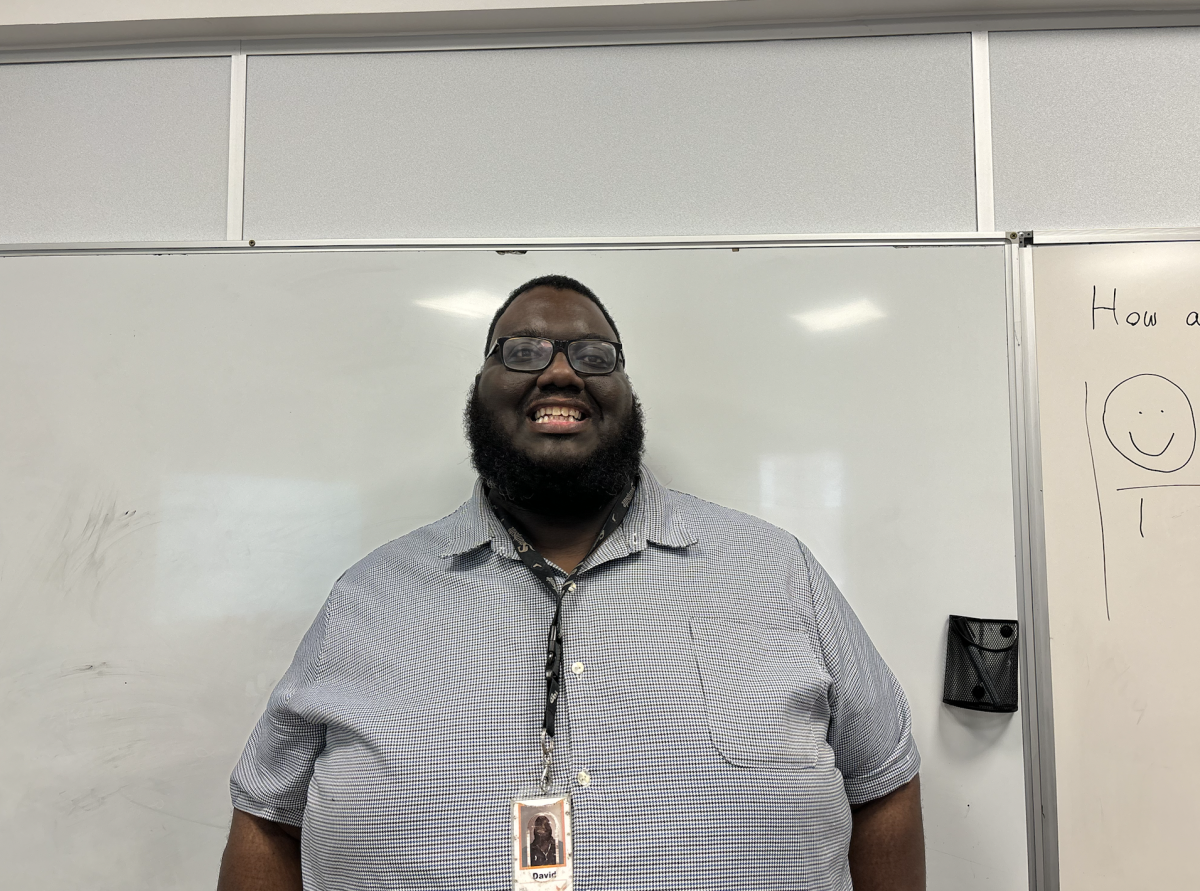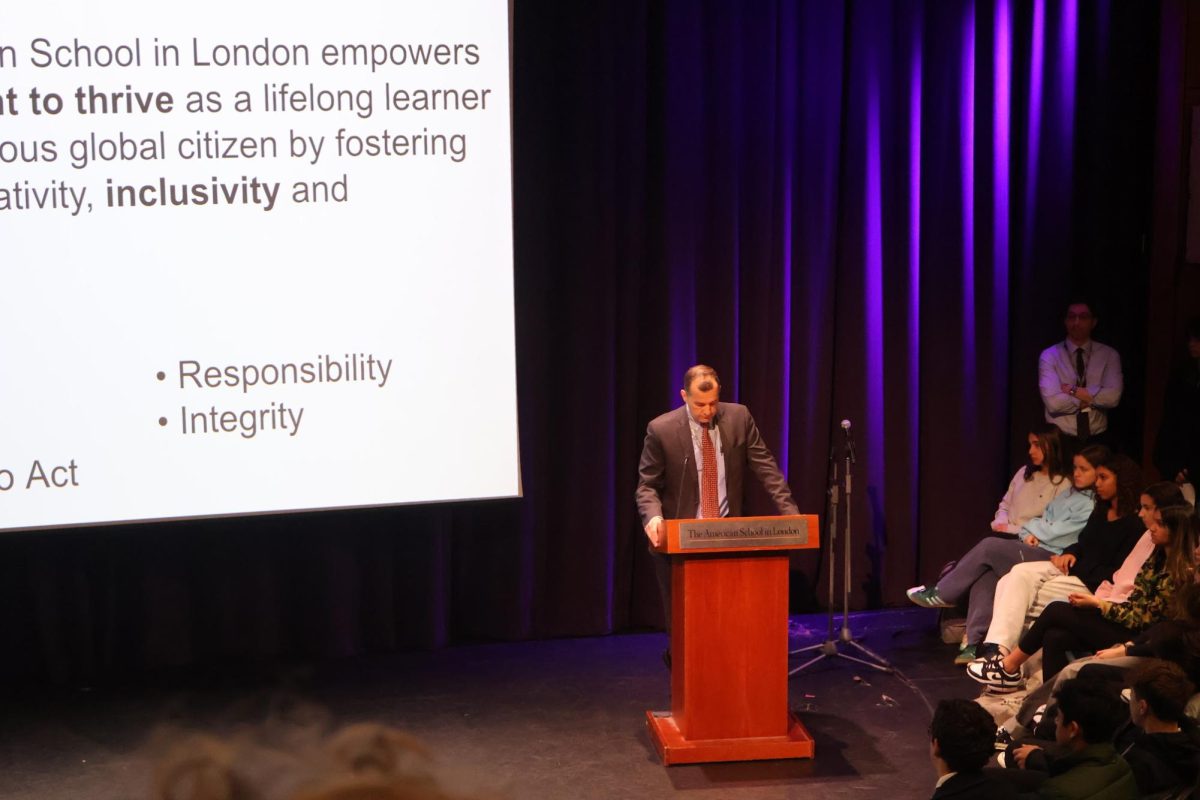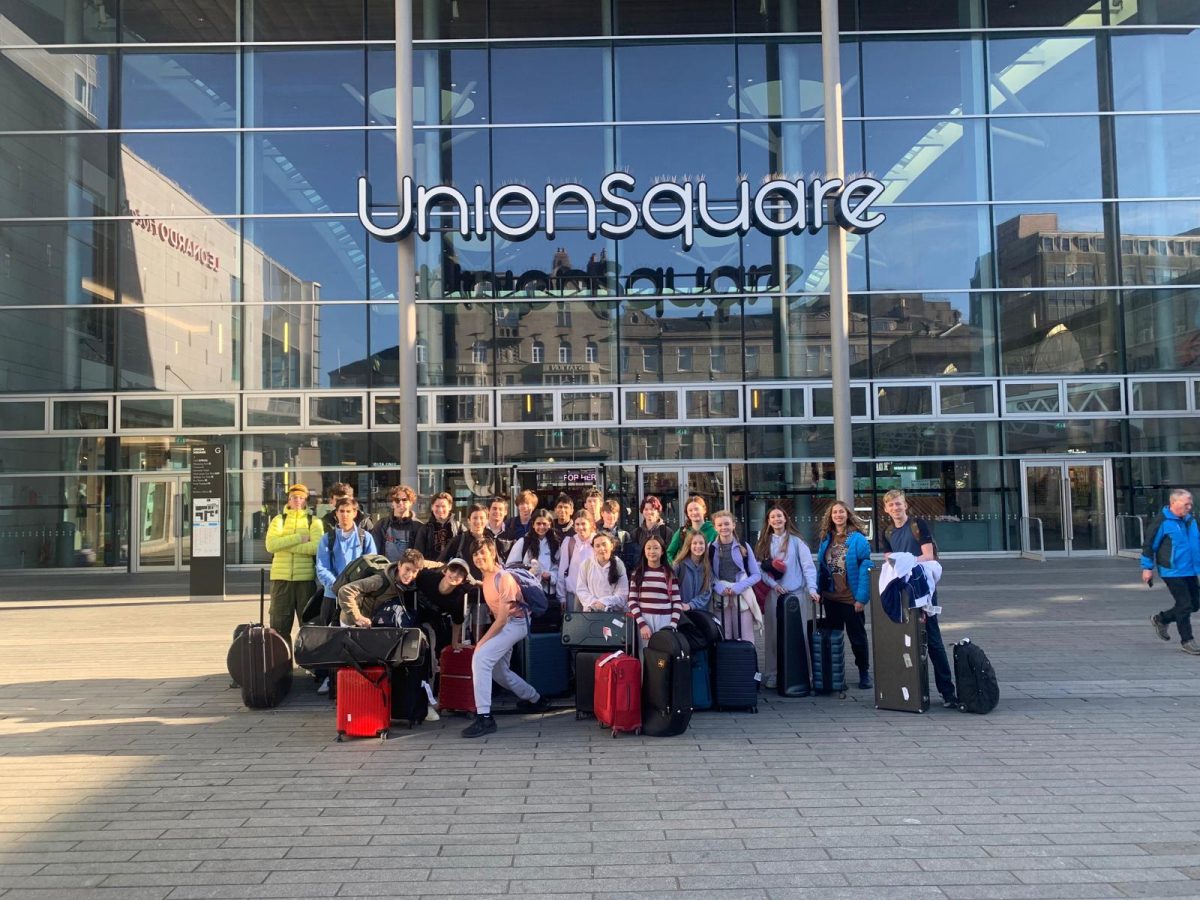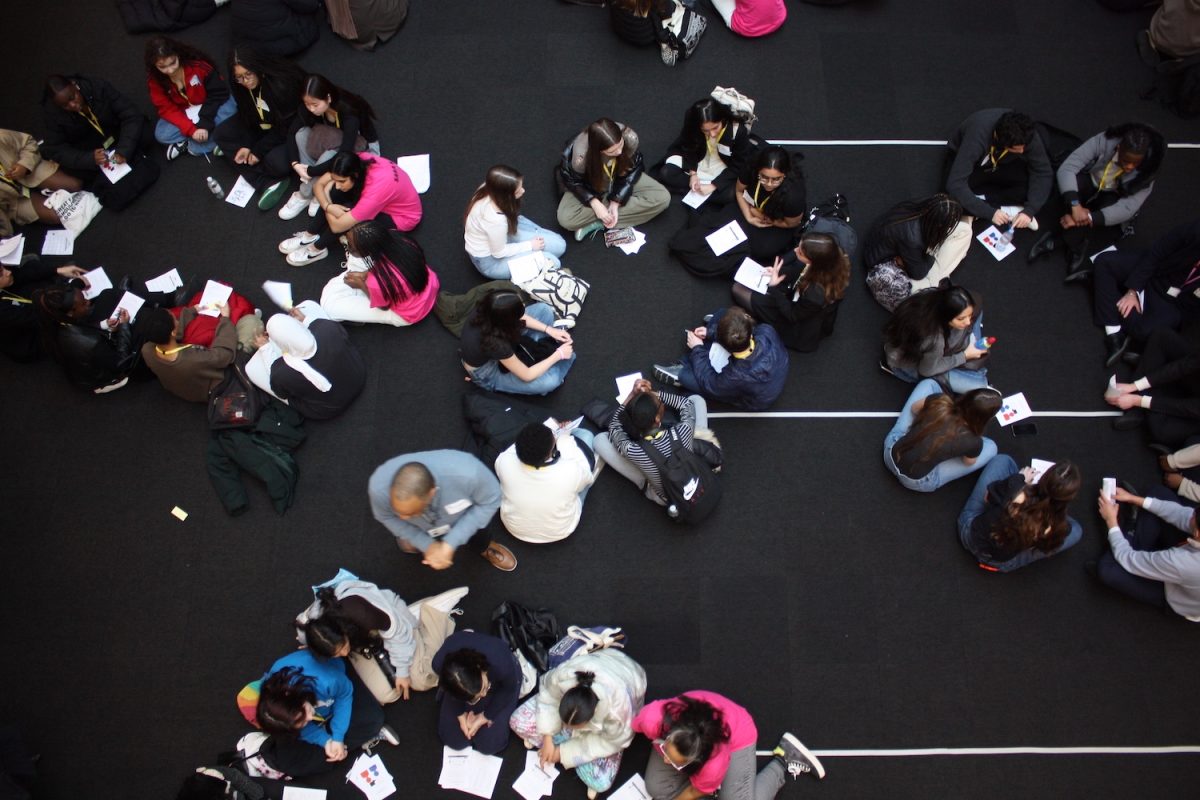On August 19, a YouTube video went viral of a supposed British member of the terrorist group, the Islamic State (IS), with American photo journalist James Foley, who had been kidnapped and held hostage in Syria since 2012.
Foley, thought to have been forced to read from a script, condemned the U.S. military for bombing IS to protect the Yazidis in Iraq, and then addressed his brother, who is currently in the U.S. Air Force and said, “think about the lives you are destroying, including those of your own family.” Foley was then executed on camera, as the British IS member vowed to spread bloodshed to the rest of the world.
Since then another American journalist, Steven Sotloff, and British care worker, David Haines, have also been executed on camera by IS.
IS, formerly known as ISIS and later ISIL, was originally formed in April 2013 as a Sunni extremist group that came out of al-Qaeda in Iraq. Sunni Islam is the largest branch of Islam with approximately 87-89 percent of the world’s Muslims forming the denomination. IS promotes an extreme anti-Western belief and advocates religious violence, publicly stating that anyone who does not agree with their ideas are infidels and apostates.
Their stated goal is to establish a new Islamic caliphate across the Middle East, under the name of Abu Bakr al-Baghdadi, a self-proclaimed caliph who is also the present leader of IS.
Their first step would be to combine Syria and Iraq into one country, but the terror group has released plans indicating that their caliphate would spread throughout the Middle East, into Northern Africa, and even reach Spain.
Amin Ojjeh (’16), who is Syrian, believes that IS goal to combine Syria and Iraq into one country is what is drawing people from all over the world to fight. “I can see why people believe combining Syria and Iraq under one government makes sense, because both countries are currently in a civil war, and both countries are currently facing huge economic difficulty,” he said. “You would have more land, more economical resources, and you would have less religious conflict.”
Their recent terror attacks in the Middle East, which include mass executions of Iraqi soldiers and forcing of young children to watch live beheadings, have given the group global attention, especially since there has been an alarming increase of British, American and Australian citizens joining IS. This has provoked the U.K. government to raise the national threat level from three to four out of five, meaning there is now a severe threat of a terrorist attack.
The last time the U.K. terror threat was severe was when four Islamic extremists detonated bombs on a bus and on the underground, killing 52 people and injuring over 700.
According to the U.K. Ministry of Defense, there are between 500 and 1,500 British citizens that have been recruited by IS.
Social Studies Teacher Todd Pavel believes that the problem of British citizens joining IS lies in a philosophical alienation. “There’s always a desire to belong to something, and perhaps there’s a desire for these people joining IS to feel as if they belong to a group with a shared sense of identity, a shared belief system, and a shared perspective on the world,” he said.
Pavel believes that the U.K. government should work with members of the British Muslim community to reach out to young Muslims who feel discouraged in their society. “We need to continue to build this dialogue [between the U.K. government and those attracted to IS] through members of the Muslim community. There has to be a more substantive dialogue about why there are young Britons who are Muslim who feel alienated,” he said.
Mayor of London, Boris Johnson has proposed that “anyone attempting to return to the U.K. from visiting Iraq or Syria without a good reason should be classified as a potential terrorist and arrested.”
Amnah Ahmad (’15), a Muslim student, has mixed views on this plan, seeing it as something that could potentially aggravate the Muslim community but also introduce a well-needed security measure. “If he [Boris Johnson] does that, he’s going to anger the community. They can’t just go arresting people and calling people out because then more people will join IS,” she said. “On the other hand, I think that some personal freedoms can be sacrificed, because I would rather know that I’m safe than to know that the government is not looking into things because they’re afraid of affecting a few citizens.”
Head of School Coreen Hester recently sent out an email addressed to all parents ensuring that because of the recent developments with IS, ASL security has been raised in multiple ways such as a new CCTV camera system and increased patrol hours.
Head of Security Barak Favé thinks that despite ASL housing the second largest group of Americans in London (after the U.S. Embassy), the school is still a low risk target. “The real threat is in the Middle East at the moment, and the British authorities are doing the best to make sure that we are safe here and that jihadist warriors that are coming back from the area are checked and under surveillance,” he said.
Favé and his security team have still taken great precautions to increase the security around the school since the UK Home Office raised the terror threat level for the UK.
“The raised security level did not come as a shock to me,” Favé said. “The two beheading videos were well-planned; they killed an American journalist, but they used someone with a British accent. It wasn’t a coincidence, it was an indirect threat.”
Favé believes that recent recruitments of British terrorists in IS is due to the British and American involvement with rescuing the Yazidis. After the terrorists threatened the Kurdish capital of Erbil earlier this year, the U.S. Air Force began bombing IS targets in an attempt to protect the Yazidis, a religious minority, who were stranded on a mountaintop in Northern Iraq, surrounded by IS fighters.
In a speech given on September 10 by President Barack Obama, he announced a 6-point plan for defeating IS that will include expanding the bombing campaign in Iraq, training and equipping the Iraqi army and Kurdish troops, and begin bombing IS controlled areas in Syria. His plan, however, seems so far to have been less than convincing with American audiences. In a recent poll by NBC News and the Wall Street Journal nearly 70 percent of Americans say they lack confidence that the U.S. will achieve its goals fighting IS.
On September 26, the U.K. announced that it would join the U.S. on targeting IS. Beginning September 28, the Royal Air Force carried out air strikes in Iraq.
lorenzo_maglione@asl.org







